Coronavirus: We’re saving old lives, but we are ruining young ones
Every day, Daniel Andrews sends proforma condolences to the families of people who have died in their 80s and 90s. But what about the harm to our children?
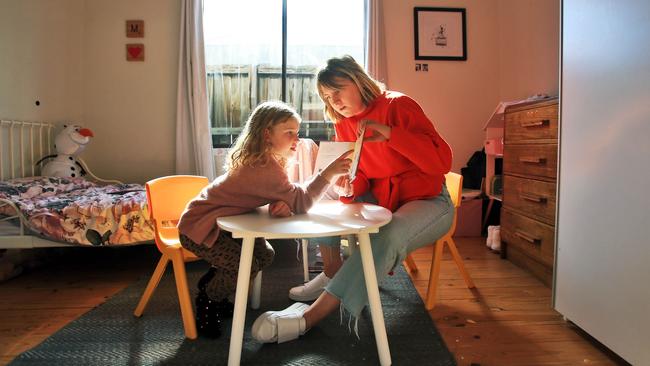
It’s Monday morning. Time for school. But no bell sounds. There’s none of the subsiding scuffle and murmur of assembly.
Instead, spreading across my 10-year-old daughter’s iPad, an array of children’s faces, like an expanded version of the opening credits of the Brady Bunch.
The soundtrack is Dad realising that the Google Doc he printed has lost all its formatting.
My daughter looks on as Dad taps dim memories of Grade 5 arithmetic to cobble something together.
By the time Dad is done, teacher is 10 minutes into his monologue, but my daughter is reluctant to ask for help. She feels self-conscious. She does not want to appear stupid. That is what Dad is for. She has started drawing. She draws well. She’ll have to catch up on maths.
Does any of this sound familiar? If you’re Victorian, chances are that it sounds routine.
GIDEON HAIGH ON LOCKDOWNS
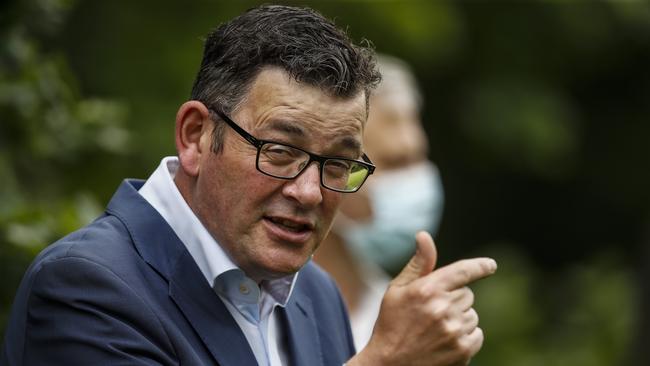
No gratitude, no pride, no relief: just quiet seething
As the world’s worst lockdown ‘ends’ (it hasn’t), it’s time Daniel Andrews knew how many of us in Victoria feel as we watch his sickening pivot.
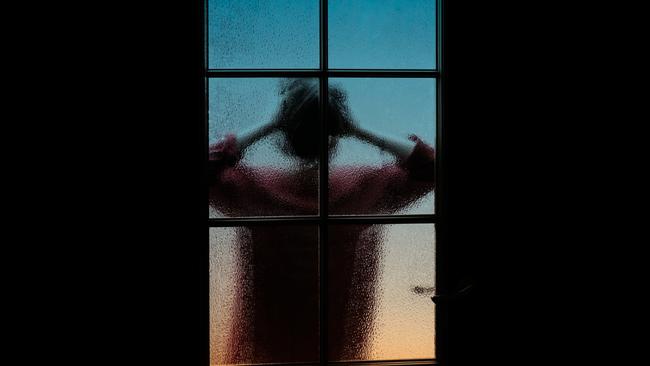
In alienation, anger all we have left in common
Lockdowns prevented us from going to one another’s aid; now we have lost the instinct.
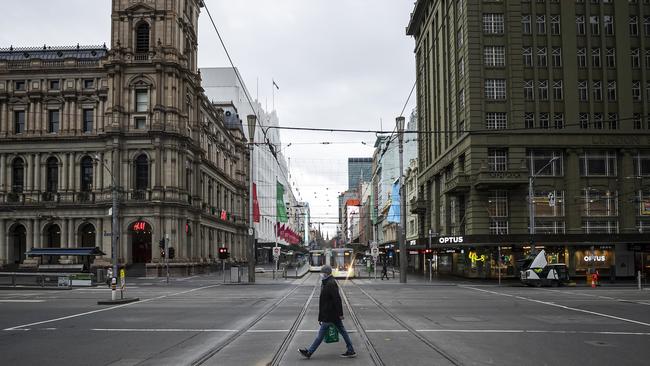
Like a commercial My Lai, we’re destroying the village to save it
We’ve all experienced the stress of last-minute cancellations, the fatigue and apathy that attends any effort not directed at simply getting through a day.
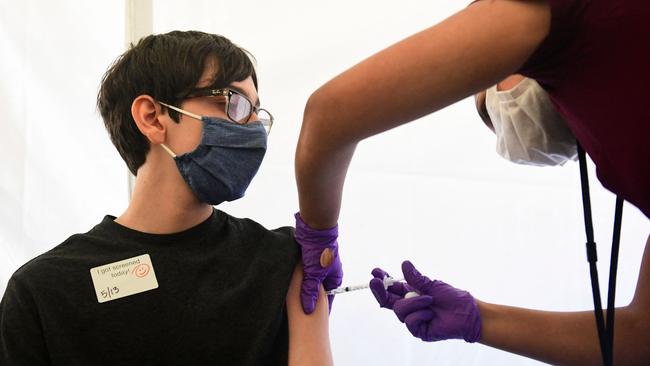
Our children are suffering the most
Something got lost early on in the fight against Covid in the message that our most vulnerable are the elderly rather than our children.

Saving old lives just to ruin young ones
Every day, Daniel Andrews sends proforma condolences to the families of people who have died in their 80s and 90s. But what about the harm to our children?
It has been three weeks since Premier Daniel Andrews announced — in that studied monotone, like the rasp of an idling motorcycle — that Victoria would be plunged into a second lockdown.
Frankly, most of the thou-shalt-nots were survivable. 5km radius? Uh-huh. Hour of exercise? Okey-doke. Curfew? Who knew that COVID was a nocturnal predator? But whatever.
No advice from Andrews so filled hearts with dread as that school students would “return to remote learning” — uttered so blithely, as though it was like hopping from one foot to the other.
Because every parent who experienced it the first time round knows that it is a bust, a con, an online education mime.
Victoria could have achieved the same outcomes from the first lockdown by putting teachers in charge of hotel quarantine and security guards in classrooms. Actually, the hotels would have been more secure.
So next on the timetable is geography. My daughter loves geography; she loves learning generally. But she has to watch a soporific video. It’s putting Dad to sleep at the kitchen table, never mind her.
Remember when the teacher put on a film when you were at school? It was a cue to switch off, emit a surreptitious fart, carve your initials in the student next to you. Being shown a video on a screen in your kitchen is not even that involving.
Later, it’s English. My daughter loves English too; she dearly wants to get involved. The teacher asks questions. My daughter knows the answers. She raises her hand, physically and electronically. She keeps it raised. Somehow the teacher never notices her. The stress in the kitchen rises. Dad holds his breath.
Finally the teacher, thinking nobody knows the answers, gives them. “But I knew that!” my daughter says, and bursts into tears. I hasten to comfort her, inevitably making it worse, as Dads always do. When she knows another answer later she quietly seethes instead of volunteering.
Funnily enough, from discussions with friends, my daughter’s school seems better than most. Forced to convert their curriculum overnight, with no particular expertise and additional resources, the teachers did an amazing job. I’ve certainly heard far worse from other parents — of kids unable to sleep at night for anxiety, and unable to stay awake through classes for boredom.
Don’t underestimate the challenges. In a remote setting, the simplest teaching task becomes the most complex choreography.
In a classroom, distributing a handout takes seconds; in a virtual classroom, it is never completely done.
The handout cannot be found; the handout cannot be printed; some are looking at the wrong handout without realising it; some don’t want to be looking at a handout anyway. In the afternoon, we don’t have the handout. Dad has searched every nook and cranny of Google Classroom to no avail. The teacher starts discussing one poem. Then she seems to be discussing another poem. Dad cannot hear. Dad then recognises a line, locates the poem on Poetry Foundation and hastily prints it. Saved!
By now, however, the teacher is talking. She’s an older teacher, passionate about her subject. But because she’s addressing a screen, she has no way of knowing that the class is growing listless. I look over my daughter’s shoulder at the silent, slumped heads. At least the virtual bell is near. Next stop Tuesday …
Of course, nobody has been trained to teach this way. On the contrary, with the best of intentions, teachers are often straining to teach in a tone as close to normal as they can make it.
But for children, the screen has different associations, and an entirely different grammar. They are digital natives, and discriminating consumers. And part of them, I fancy, gets that this is bullshit, pointless busywork, Potemkin pedagogy.
Every day, Andrews sends proforma condolences to the families of people who have died in their 80s and 90s. As well he might and should.
But what about the children whose year is basically a write-off, who have missed out on foundational learning experiences, and who may never catch up?
And what about the mothers and fathers stretched thin by having to act simultaneously as parent, remote worker, teacher’s aide and IT specialist (every time the Wi-Fi or the printer plays up etc)? Who by now have twigged that for all the usefulness of remote learning, their kids might as well be playing outside.
Except that they are not allowed to do that either.
